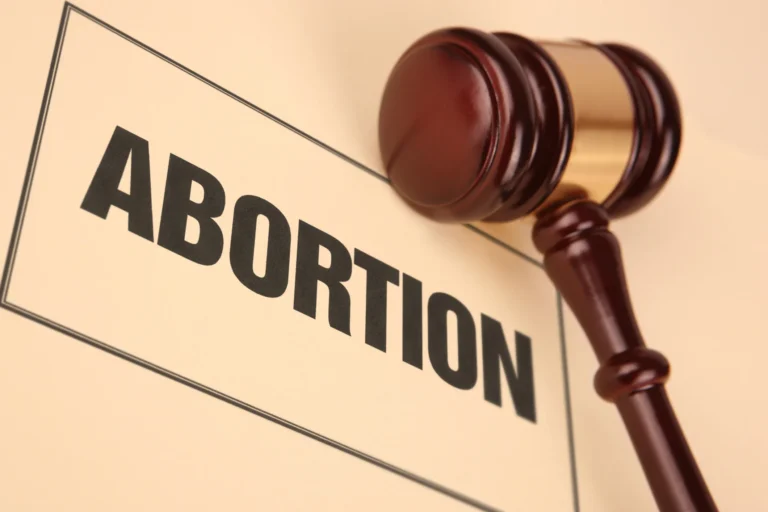More than 80 percent of voters in Mississippi describe themselves as pro-life. Why then, did more than 55 percent vote against the so-called “personhood” amendment?
On November 8, the voters of what is arguably the most pro-life state in the union defeated a ballot initiative that would have declared life begins at fertilization. More than 80 percent of voters in Mississippi describe themselves as pro-life. Why then, did more than 55 percent vote against the so-called “personhood” amendment?
Now I supported the Personhood initiative. But the fact that it was defeated in Mississippi, the most pro-life of states, does not bode well for its passage anywhere else.
Planned Parenthood, which dumped a lot of money into the state, argued that the amendment would not only ban all abortions, but it would have also outlawed most forms of birth control, since the powerful steroid-based drugs involved act sometimes as abortifacients, that is to say, there is scientific evidence that they cause early term abortions.
Not only that, PPFA also claimed that it would ban in vitro fertilization, which often involves the destruction of “imperfect” embryos, and that it would prevent doctors from treating women who had ectopic, or tubal, pregnancies, even when necessary to save the woman’s life. In other words, Planned Parenthood resorted to its usual scare tactics and these, unfortunately, proved successful.
Then there were to divisions in our own ranks. The Baptists took a pro-life position, as always, while the Episcopalians and the Methodists have long been pro-abortion and were so here. The Catholic bishops were merely lukewarm, neither supporting nor opposing the amendment.
But I believe that there is another reason why the so-called “personhood” initiative fell so far short of the threshold needed for it to be enacted. Supporters of the initiative said that they wanted to provoke a lawsuit to challenge the Supreme Court’s 1973 Roe v. Wade decision that established a legal right to abortion. So far, so good. If it had passed, it was virtually assured of drawing legal challenges that would have wound up before the Supreme Court.
But here’s the problem which I, along with others saw: The Supreme Court could easily accept or reject the Personhood Amendment without restricting abortion at all, since the amendment does not directly restrict abortion.
This is why I prefer to support heartbeat legislation, which I believe can win passage in Ohio, Kentucky, and elsewhere, both in the state legislatures, and in popular referenda. This would ban abortion after the point at which the fetal heartbeat can be detected.
Such a law avoids both the questions of in vitro fertilization and abortifacient drugs and devices (the IUD) that plagued the Personhood Amendment supporters in Mississippi and was in part responsible for its defeat.
More importantly, because it directly restricts abortion, it creates a legal challenge to Roe v. Wade that will ultimately have to be resolved by the Supreme Court. It does this without defining a zygote, embryo, or fetus as a person.
Of course, I believe that a person is created at conception. And I am also opposed to contraception, in any way, shape or form.
But consider this: Heartbeat legislation would ban 3/4 of all abortions outright. It would create an opportunity to argue before the Supreme Court that Roe v. Wade should be overturned. And it would, I believe, put abortion in the road to extinction.
Which is the common goal of all those who labor in the pro-life vineyard.








